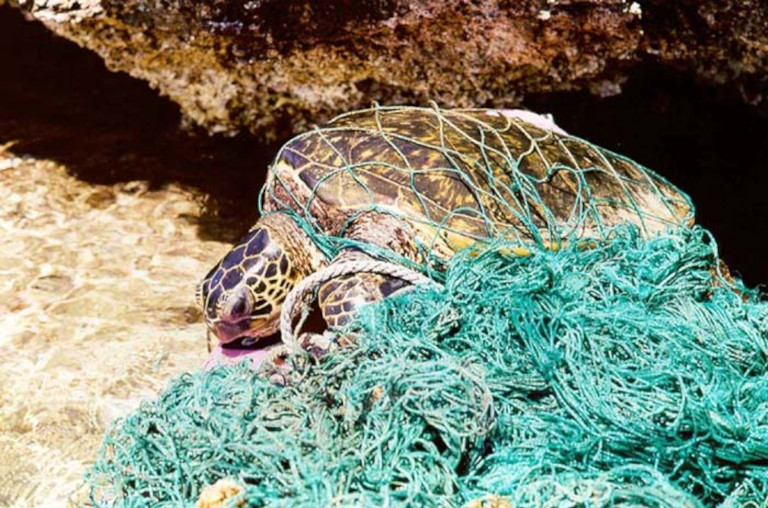My apologies for such a dismal post topic, but modernity made me do it. I’ve borne witness to a number of the following tragedies first-hand. When exposed to similar atrocities in your own life, I recommend repeating the mantra that appears at the end of every point below. I think it helps in fighting human supremacism, validating other life and recognizing the pain we inflict—often unwittingly as we animate the maw of modernity. Evolution did not prepare the plants and animals of this planet for a sudden and dramatic up-ending of the world they were customized to inhabit. That’s on us.
Twenty Terrible Tales
A massive tree that took hundreds of years to attain tremendous height and bulk was no match for an hour of chainsaw action. It did nothing wrong, but didn’t stand a chance.
A gangly moose was minding its own business in the willow thicket along the stream edge, when—BAM—its head was taken to grace the lodge wall. It did nothing wrong, but didn’t stand a chance.
Domesticated bees were bred to produce more honey and be less aggressive. Weakened against parasites and disease, their colonies crashed. They did nothing wrong, but didn’t stand a chance.
A deer, finding itself on a strange, hard, flat ribbon stood transfixed as two unearthly lights sped closer, seemingly set to pass on either side. It did nothing wrong, but didn’t stand a chance.
Orangutans who lived for countless generations in the dense and biodiverse rainforest found their home destroyed and replaced by oil palms. They did nothing wrong, but didn’t stand a chance. [Warning: only watch the link if you are ready to be haunted for life by seeing the skinny, muddy “bean” at the end of all things. It grieves me to my core.]
A butterfly created a caterpillar who had the misfortune to eat pesticide-coated leaves, undergoing metamorphosis into a dead lump. It did nothing wrong, but didn’t stand a chance.
The noble forebears of our dumb-bred domesticated (captive) animals had no evolutionary answer to ropes and tall fences. They did nothing wrong, but didn’t stand a chance.
The chattering swallows returned in spring to raise a new set of chicks. But the local mosquitos had been exterminated, leaving the parents and chicks to starve. They did nothing wrong, but didn’t stand a chance.
An 80-year-old tortoise followed the familiar route through the forest, across a road that wasn’t there in its youth, just as a truck came along. It did nothing wrong, but didn’t stand a chance.
The wasps weren’t bothering anybody when they went about their business raising young in a nest under the eaves, only to be shot by a 3 meter jet of poison. They did nothing wrong, but didn’t stand a chance.
Native grasses and flowers tried to restore health to a corn field, only to be coated in herbicide dropped by an airplane. They did nothing wrong, but didn’t stand a chance.
Crabs, lobsters, clams, and oysters found that they were no longer able to make protective shells in more acidic water, ultimately perishing from this earth. They did nothing wrong, but didn’t stand a chance.
A rough-skinned newt, in bursts of slowness, made its way across a wet road at dusk, only to have its innards abruptly and rudely squashed out through its mouth. It did nothing wrong, but didn’t stand a chance.
The exquisite ruffed grouse cruised into a clearing, aiming for trees that turned out to be a reflection in a house window. It did nothing wrong, but didn’t stand a chance.
Salmon had fed the forest for millions of years, but demand for heat pumps, electric vehicles, and chat-bots put a dam in their way. They did nothing wrong, but didn’t stand a chance.
A large prairie dog colony had lived on this patch of land as long as anyone could remember. The commercial developer orchestrated their final solution. They did nothing wrong, but didn’t stand a chance.
The polar bear cubs got exhausted from swimming in a futile effort to find ice and seals. Their inevitable end was cold, wet, hungry, and oh-so skinny. They did nothing wrong, but didn’t stand a chance.
The foxes in the Mojave desert required large unobstructed habitat, which vast new solar farms fenced, shaded, and uprooted. They did nothing wrong, but didn’t stand a chance.
A sea turtle had no notion of the word “bycatch,” yet found itself dying in a crowded net all the same, only to be discarded as waste upon discovery. It did nothing wrong, but didn’t stand a chance.
Pursuers of modernity forgot themselves, thinking they owned and controlled the world, no longer subject to limits or part of a larger ecology. The world taught them a cruel lesson on the definition of unsustainability. They, for a change, might have known better, but as it was didn’t stand a chance.
End Note
The common thread is forcing plants and animals out of their evolutionary context, as we have done to ourselves as well via modernity.
I kept coming up with more examples, and eventually decided to stop because I felt I was beating a dead horse. It’s surprising how many more examples I could have used, and I suspect you could come up with a number not covered here yourself. It is telling that we are not running short on grim accounts of biodiversity loss.





